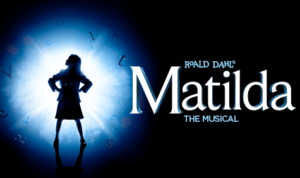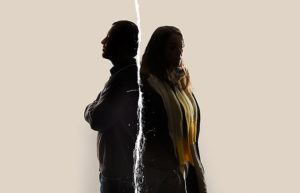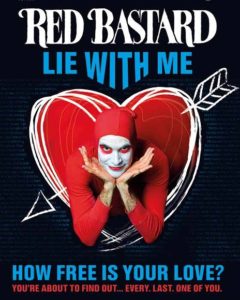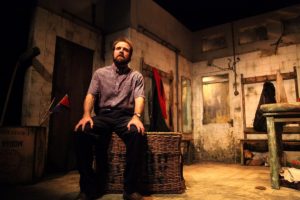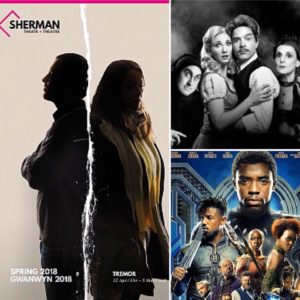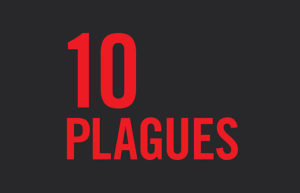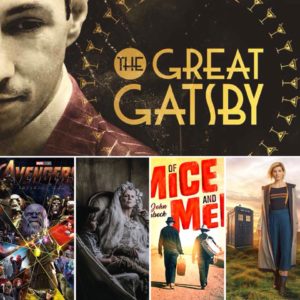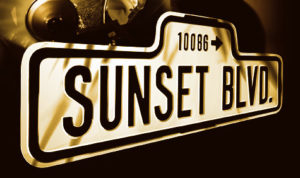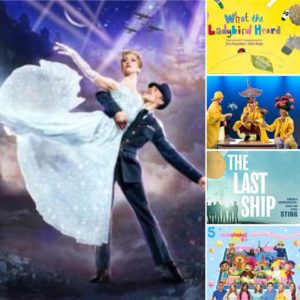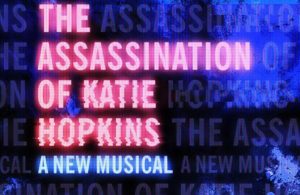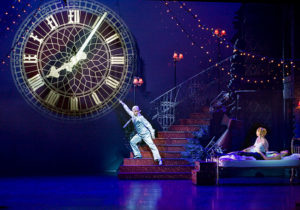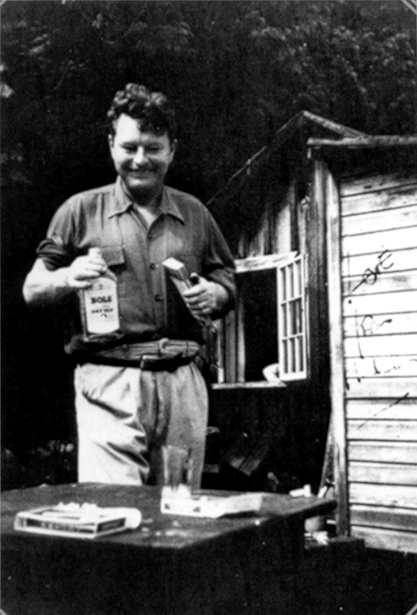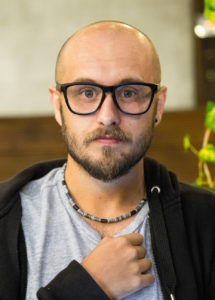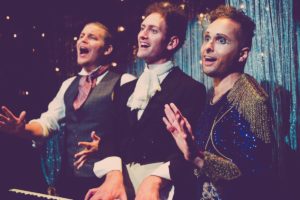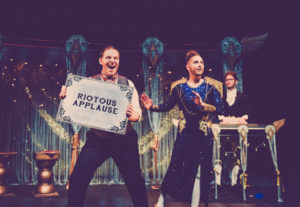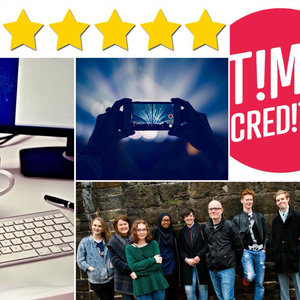
Free unticketed development event
Venue: The Other Room
Host: Guy O’Donnell
Should you care about a five star review? Which online platform connects most with audiences? Is everyone a critic these days?
All these questions and more will be discussed and answered in this fun quiz-based workshop geared towards new critics, companies, arts marketing staff and interested audience members.
Speakers at this event include:
Alice Baynham
Alice Baynham is a Cardiff-based PR and marketing specialist working mainly in the arts and has previously worked at organisations including the Sherman Theatre, the Royal Philharmonic Orchestra, the Welsh Government and Cirque Bijou.
For the last seven years, Alice has been freelance and has worked with a variety of companies on their marketing and PR activity, including Theatr Iolo, Tobacco Factory Theatres, Chapter, WOW Film Festival, Trac Cymru, The Torch Theatre and The Spring Arts Centre in Havant. Alice is also press officer at Cardiff’s pub theatre, The Other Room, where she has delivered all press activity since the theatre’s launch and first season.

Matthew Bulgo
Matthew trained at LAMDA and is an actor, playwright and dramaturg. He is also an Associate Director of Dirty Protest.
As an actor credits include: The Cherry Orchard (Sherman Theatre); All My Sons (Theatr Clwyd); I’m With The Band (Traverse); Praxis Makes Perfect, The Insatiable, Inflatable Candylion (National Theatre Wales); Kenny Morgan (Arcola); Under Milk Wood (Royal and Derngate); Play, Silence (The Other Room); The Prince Hamlet (Toronto Dance Theatre); Breakfast Hearts, Choirplay (Theatre 503); The Play About The Baby (Battersea Arts Centre).
As a playwright credits include: Last Christmas (originally produced by Dirty Protest/Theatr Clwyd before being remounted at the Edinburgh Fringe, Soho Theatre and the Traverse); Constellation Street (The Other Room); #YOLO (National Theatre, NT Connections); The Knowledge (Royal Court, ‘Surprise Theatre’ season); My Father’s Hands (Paines Plough, Come To Where I’m From); Lacuna (New Wimbledon Studio).
He also writes plays for young people including THIS IS WHAT DEMOCRACY LOOKS LIKE (performed by WGYTC at the Richard Burton Theatre, RWCMD), Homo Economics (Bridgend College) and The Hydra (Young Actors Studio, RWCMD).
He is currently under commission to write new plays for Theatr Clwyd, Theatr na nÓg and Papertrail along with a number of other projects in development.
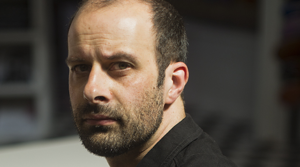
Ben Cook
Ben Cook is the South Wales Partnerships Manager for Spice Time Credits. Time Credits are a community currency where each note (worth one hour) is earned from an hour’s volunteering – these credits can then be spent accessing over 600 venues across the UK. Ben is responsible for over 230 partner venues from Pembrokeshire to Monmouthshire, many of whom are arts, theatre, music and cultural venues.

Nick Davies
Nick Davies is a Wales-based theatre reviewer for The Stage. Nick is also a freelance writer of screenplays, novels and magazine articles. He lives in Cardiff and previously spent 17 years working for the Arts Council of Wales covering the performing arts.

Emily Garside
Emily Garside is an academic, playwright, dramaturg and theatre critic (not always in that order). After starting as a historian then training as a performer in Montreal and at RADA she became an academic. Her PhD looked at the role of theatre as a response to the AIDS epidemic, with particular focus on Tony Kushner’s Angels in America. Her first book, reflecting on the history and significance of the play will be published by McFarland in 2019. As a playwright she is currently working on a commission around the subject of HIV today, and in 2019 her play ‘Don’t Send Flowers’ will be produced by Clocktower Theatre Company. Emily writes about theatre for many publications, including American Theatre, Howlround, Wales Arts Review, BBC Cymru, Get the Chance and Miro. She has also written essays for theatre programmes and runs several blogs. Emily is also Social Media and Website Manager for The Society of Theatre Research New Researchers Network.

Jafar Iqbal
Jafar currently works on both sides of the fence. As an Associate Editor for Wales Arts Review and contributor to The Stage and WhatsOnStage, he has travelled around the country talking about theatre. As a Marketing Campaigns Manager for the New Theatre, he is responsible for putting bums on seats and developing relationships with critics. He’s also a writer, a performer and a cake (though many have argued he may be a biscuit).
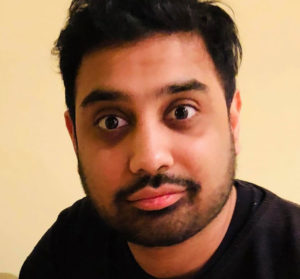
Sarah Jane Leigh
Sarah Jane Leigh is the Senior Producer of Producing and Programming at the Wales Millennium Centre. In her role she looks after the teams who programme the Performances of the Curious Seasons and the Public Spaces along with the in-house productions the Centre is now producing including Highway One, Double Vision and Lovecraft (Not the Sex Shop in Cardiff) which are currently being performed as part of Festival of Voice 2018. Before working at the Centre, Sarah was an independent Producer working with companies in South Wales such as Motherlode, August 012, Dirty Protest, James Jones Collective and Jem Treays. Sarah studied at Goldsmith’s University in London and gradated with a BA in Drama and Theatre Arts and a MA in Arts Administration and Cultural Policy.
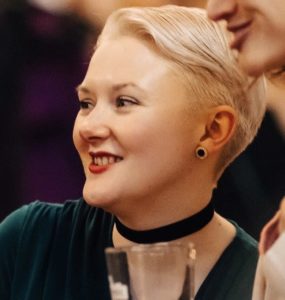
Mair Jones
Mair Jones is Marketing and Communications Manager at Theatr Genedlaethol Cymru, the national Welsh language theatre company.
Prior to joining Theatr Gen, she worked as Communications Officer at Chapter, where she was responsible for Welsh language policy, print and PR.
She started her career in arts education (secondary and further ed) before moving to communications. Whilst her background is in the visual arts, she has experience of marketing all art forms. Originally from Newtown, mid Wales, she now lives in Cardiff.
Megan Merrett
Megan has been Projects Administrator at Creu Cymru since 2015 where her main role is managing hynt, the national access scheme for theatres and arts centre in Wales. Hynt is an Arts Council of Wales initiative managed by Creu Cymru in partnership with Diverse Cymru. Megan has also undertaken several freelance roles including her current work on Theatr Pena’s R&D for Blood Wedding as Access and Engagement Officer following 3 years as their resident Marketing Officer. Previous to this Megan worked at National Dance Company Wales for a decade as Participation Officer. Whilst at NDCWales Megan completed a post graduate diploma in Arts Management from Royal Welsh College of Music and Drama. Megan is also a school governor and Chair of a community focused charity and a community hall in Barry.

Stella Patrick
Stella has worked in Arts Marketing in Wales for just under 20 years. As well as venue based marketing, she has worked on national and international touring projects; EDFringe events and site-specific work.
Employers/clients include: Taliesin Arts Centre, Blackwood Miners’ Institute, Cascade Dance Theatre, Theatr Pena, Pontardawe Arts Centre and Dirty Protest.

During the workshop you will be given an insight into the role of the arts critic. You will be given instructions on how to create a review and upload your response online. Participants will look at blogging, video, social media and much more!
We will also hear from freelance arts marketing staff and producers about how companies can best present themselves to venues to develop relationships and maximise their impact.
All workshop participants will get the opportunity for their reviews and feedback to feature on the Get the Chance website.
Access information: This venue is wheelchair accessible, via the back entrance.
Thursday, June 14, 2018
1:30 PM 3:30 PM
The Other Room
Harlech Court Cardiff, CF10 2FE



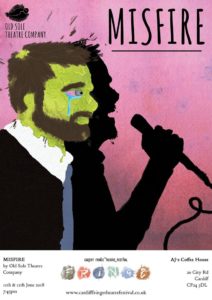
 (4 / 5)
(4 / 5)













 (3 / 5)
(3 / 5)

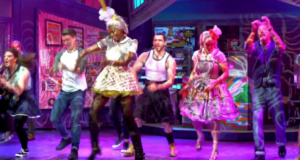

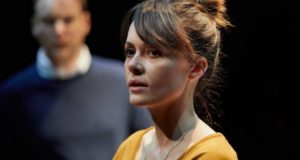
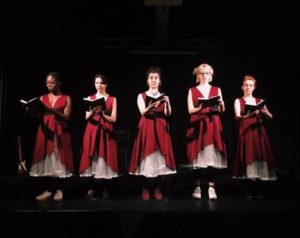
 (5 / 5)
(5 / 5)


